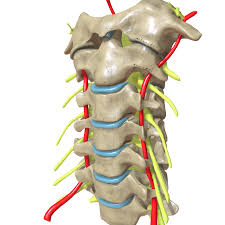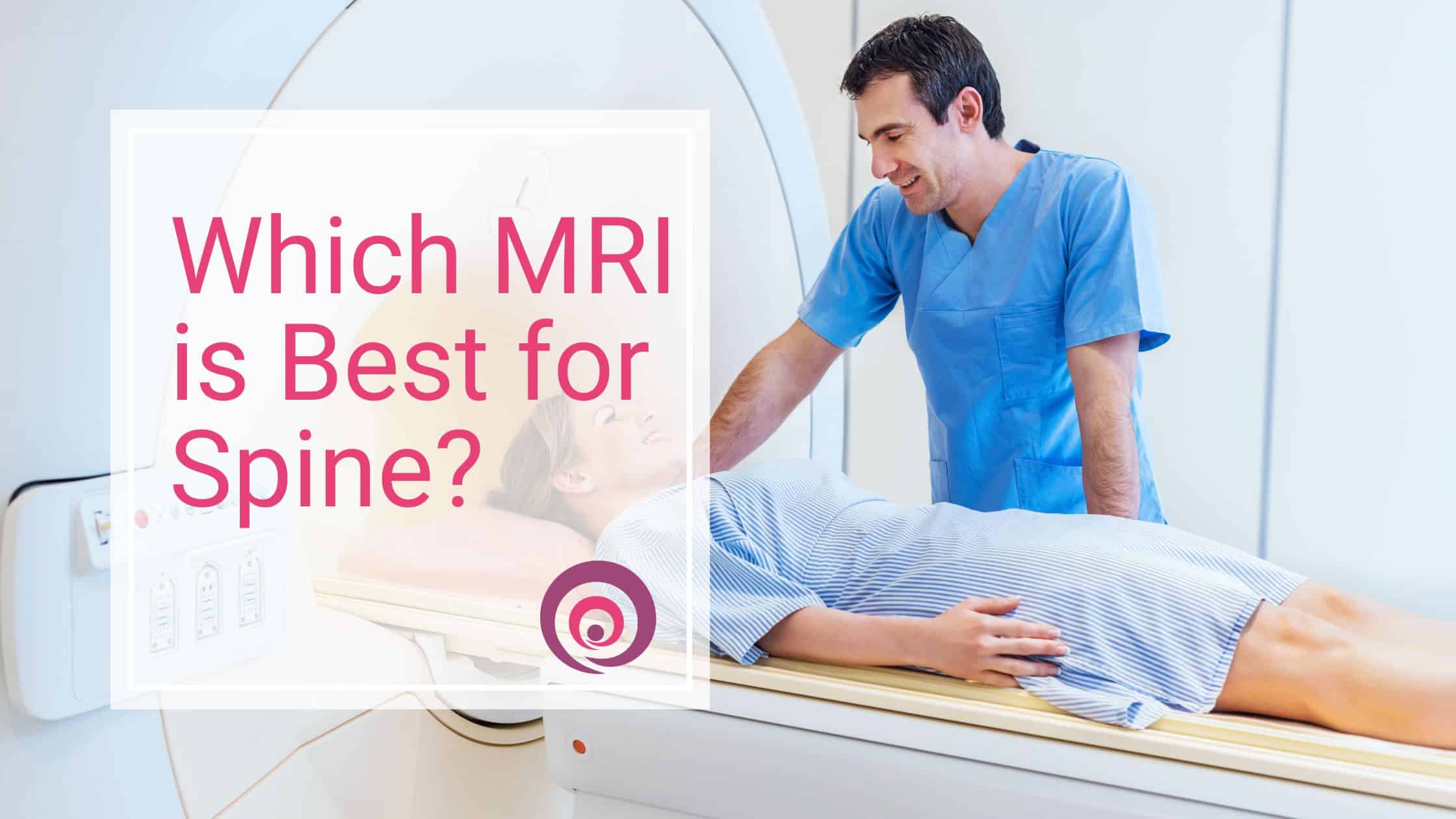For accurate diagnosis and effective treatment of spinal conditions, picking the right MRI is essential. Different MRI types provide various insights into spinal health.
Let’s find the best option for you to get the most accurate results. Explore the available MRI options to find the best one for evaluating your spine.

1. Standard MRI
Standard MRI is the most commonly used technique for spinal imaging. It provides detailed images of the spine’s soft tissues, including intervertebral discs, spinal cord, and nerve roots. MRI helps find problems like herniated discs, spinal stenosis, and tumors. It uses a powerful magnet and radio waves to create cross-sectional images of the spine, offering high-resolution images that can reveal abnormalities and injuries.
When to Choose a Standard MRI for Spinal Health
To diagnose spinal problems, choosing the right MRI is important. Here’s how different MRIs help:
- General Spinal Pain: If you have back pain, a standard MRI can show what’s causing it by looking at your spine’s soft tissues.
- Disc Herniations or Bulges: If you think you might have a herniated or bulging disc, an MRI can help find these issues clearly.
- Spinal Cord Compression or Tumors: For more serious issues like pressure on the spinal cord or tumors, an MRI with contrast provides detailed images to help your doctor diagnose and plan treatment.
Choosing the best MRI for your situation helps in getting the right diagnosis and treatment.
MRI with Contrast Enhancement
MRI with Contrast Enhancement involves the injection of a contrast agent, usually gadolinium, into the bloodstream. This agent enhances the visibility of certain structures and abnormalities by improving the
MRI is great for spotting inflammation, tumors, and infections. It highlights areas with unusual blood flow or tissue changes.
Contrast Usage:
- Identifying tumors or infections in the spine
- Evaluating the extent of inflammatory conditions
- Assessing the effectiveness of treatment for known abnormalities
MRI with Diffusion Tensor Imaging (DTI)
Diffusion Tensor Imaging (DTI) is a specialized MRI technique that maps the movement of water molecules in the spine’s white matter.
This technique shows the health of neural pathways. It’s useful in research or complex cases where regular MRI might not provide enough detail.
DTI to Use:
- Advanced research or complex cases
- Assessing spinal cord injury and neurological pathways
- Evaluating subtle changes in white matter
4. Functional MRI (fMRI)
Functional MRI (fMRI) measures brain activity by tracking blood flow. It’s not commonly used for spinal imaging. It can be useful in specific cases to see how spinal disorders affect neurological function.
Usage FMRI:
- Research on spinal cord function and activity
- Evaluating the impact of spinal conditions on brain function
5. High-Resolution MRI
High-Resolution MRI provides exceptionally detailed images of the spine, allowing for the visualization of minute structures. This type of MRI is beneficial for diagnosing subtle abnormalities that may be missed by standard MRI techniques.
Why High Resolution:
- Diagnosing subtle spinal conditions
- Detailed pre-surgical planning
- Evaluating complex spinal issues
You should Know More about MRI Spine
Choosing the best MRI for spinal evaluation depends on the specific condition being investigated and the level of detail required. For most cases, a standard MRI is enough. For more complex issues, an MRI with contrast or high-resolution MRI may be needed.
Consult with your healthcare provider to determine the most appropriate MRI technique based on your symptoms and diagnostic needs.
Get the Right MRI for Your Spine Health
Choosing the right MRI is crucial for accurate diagnosis and effective treatment. With the right approach, you can ensure better management of your spinal health and achieve improved outcomes. Contact us today to explore the best MRI options for your needs and start your journey toward a healthier spine!
Give us a call at 869-957-2364. We’re here to help with all your needs. Reach out today, and let’s make things happen!

Comments